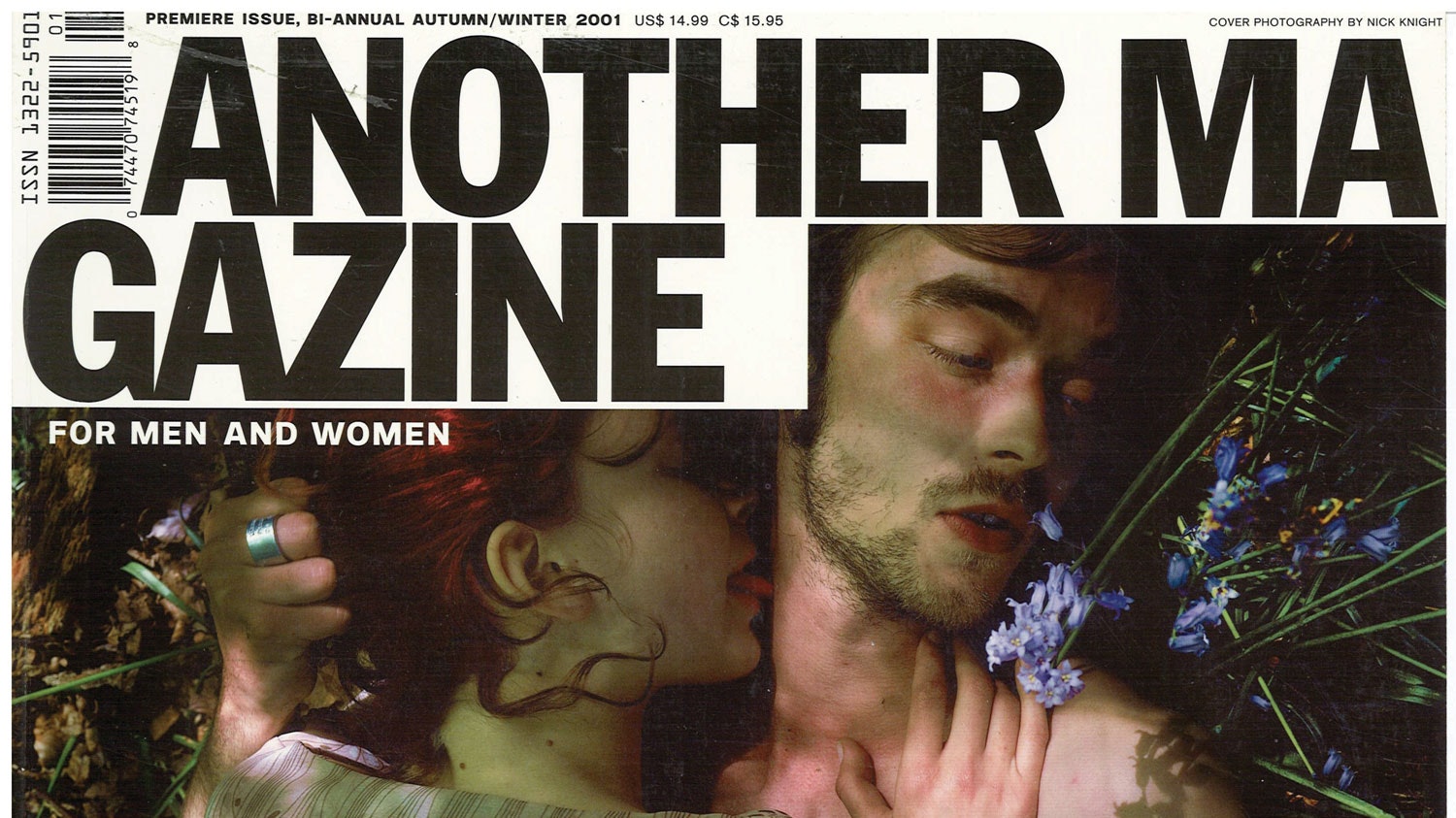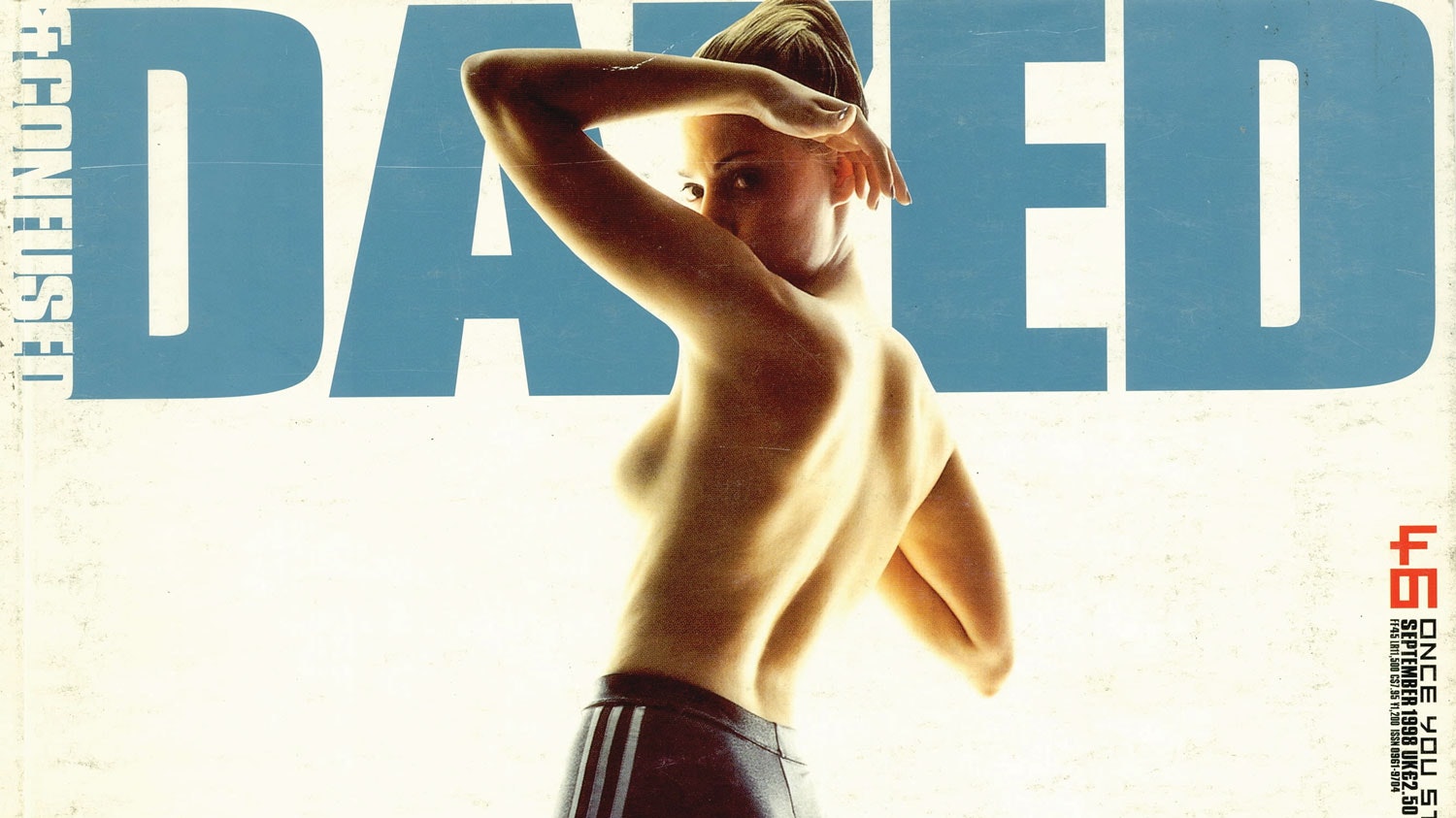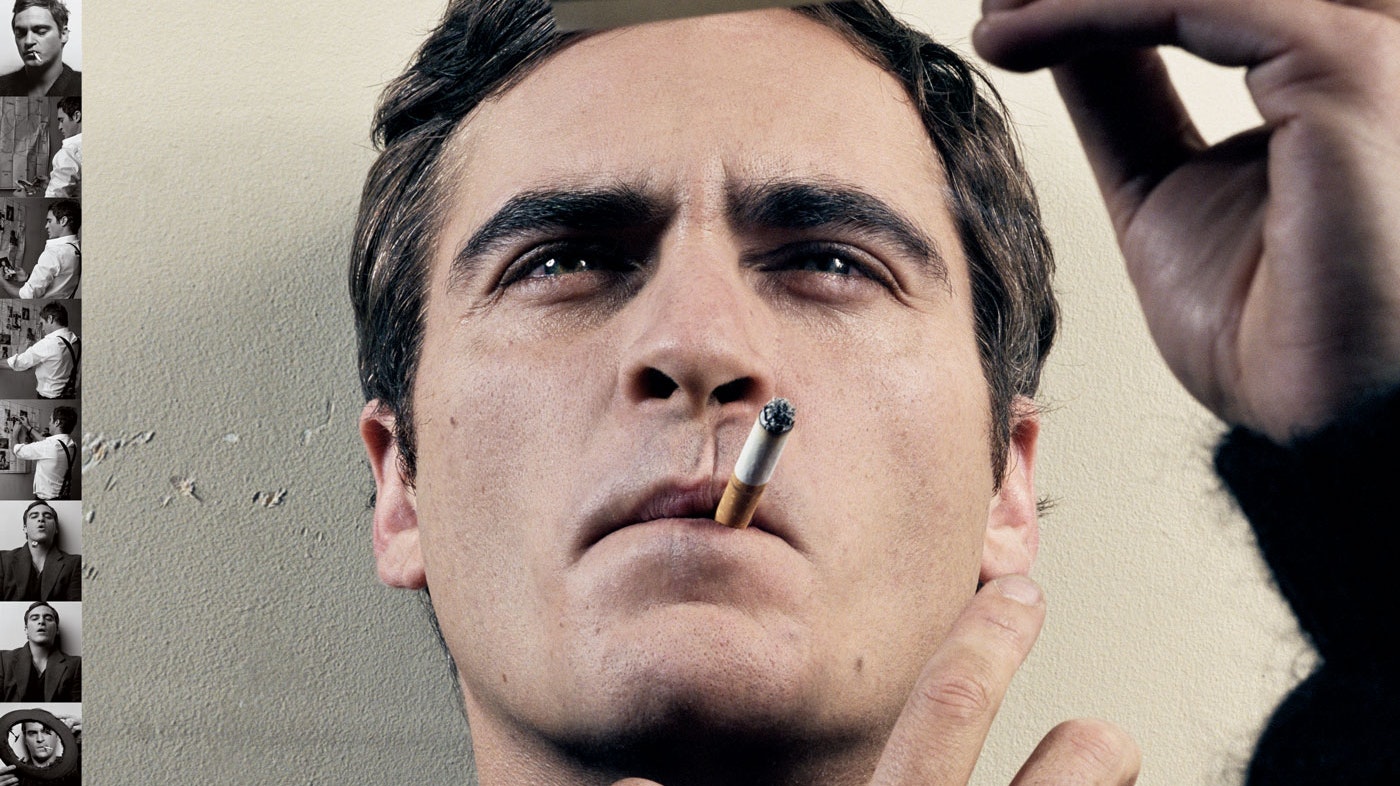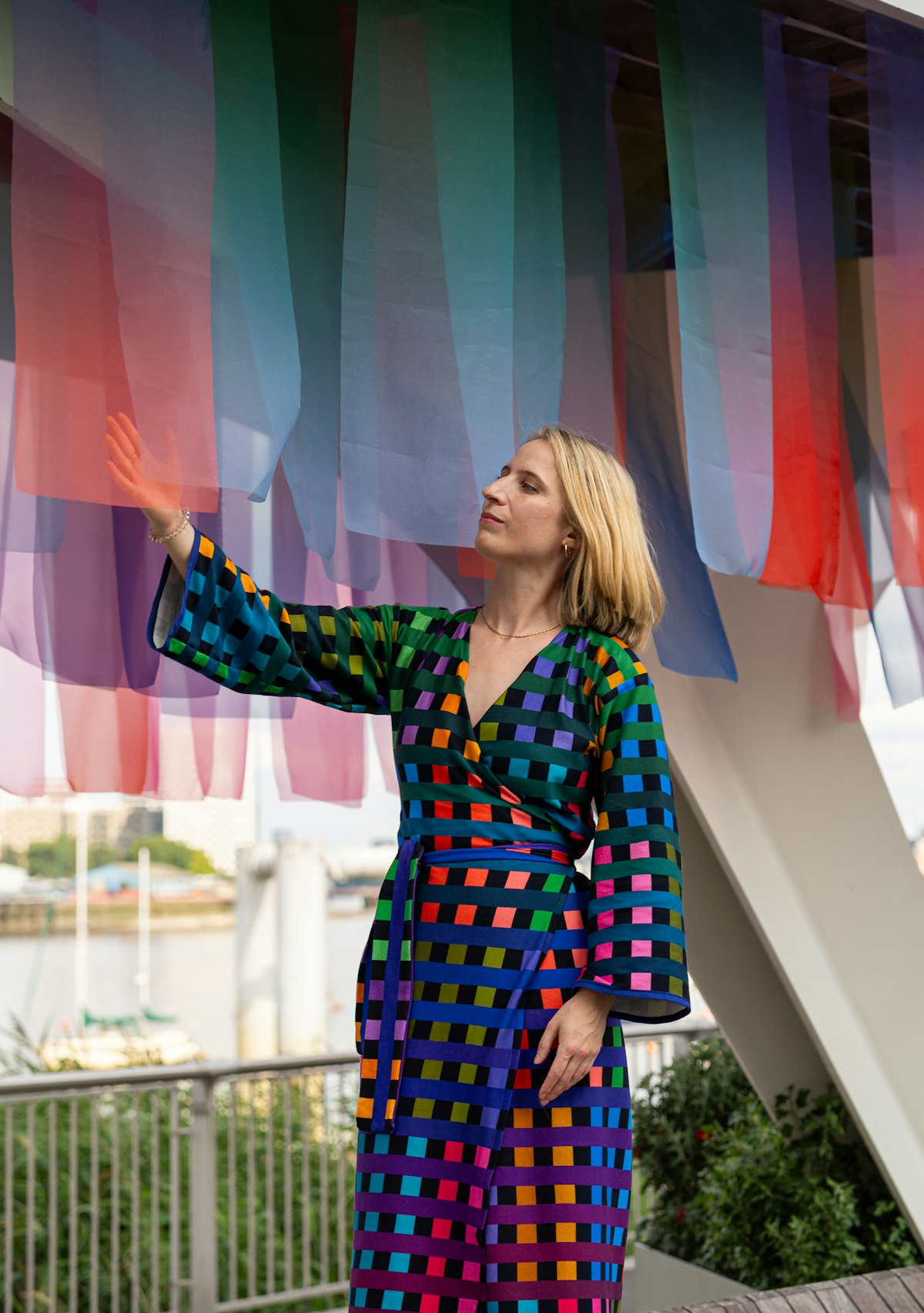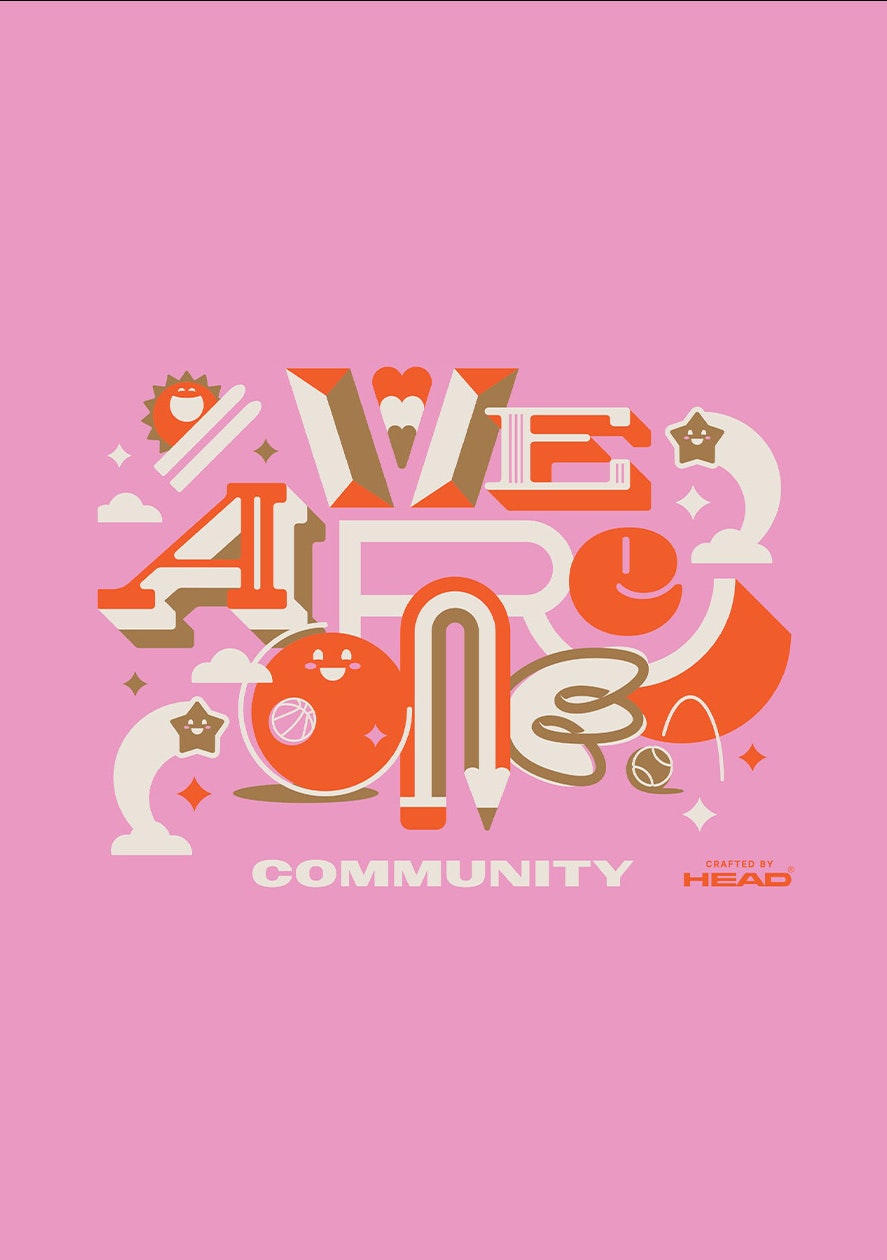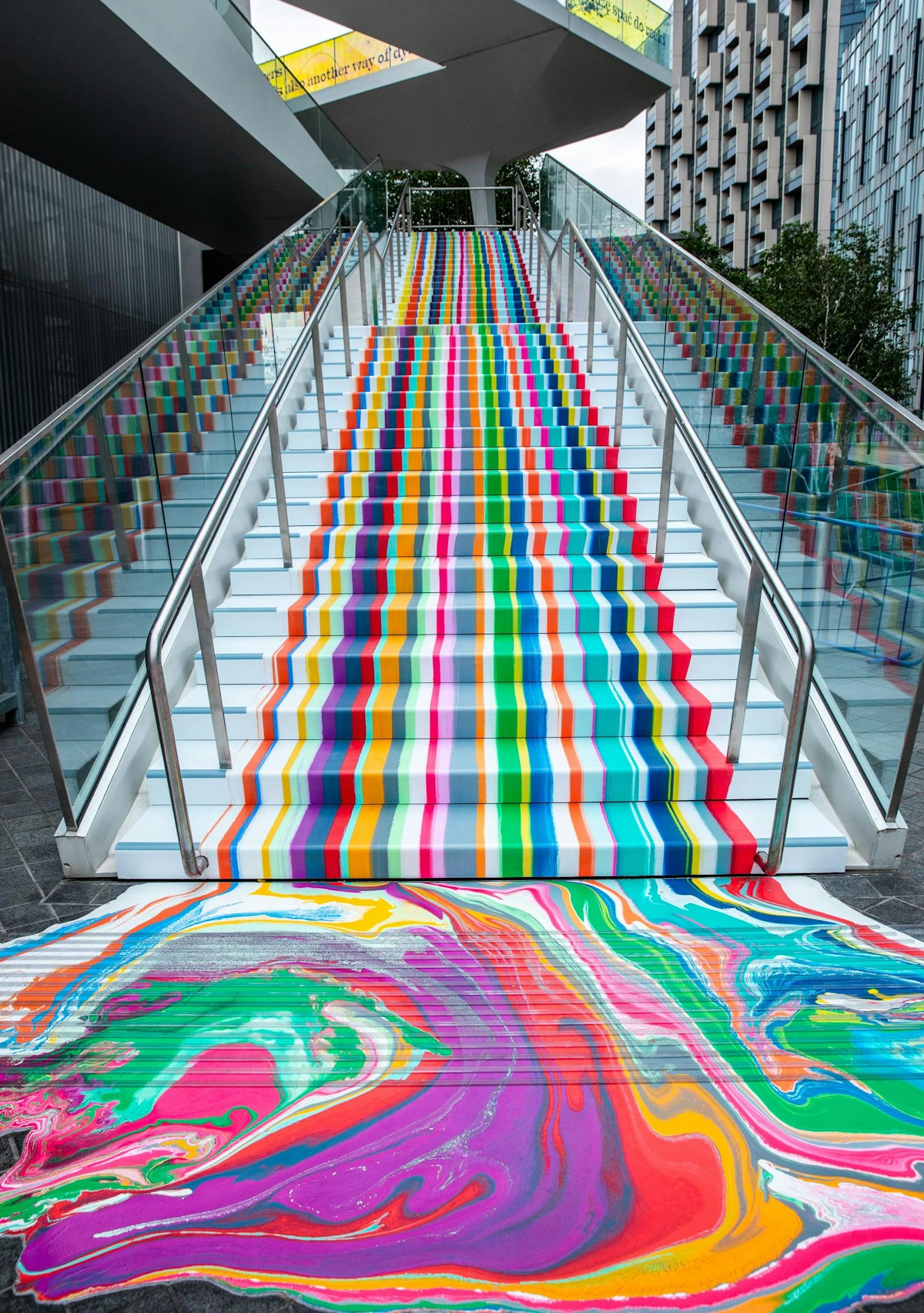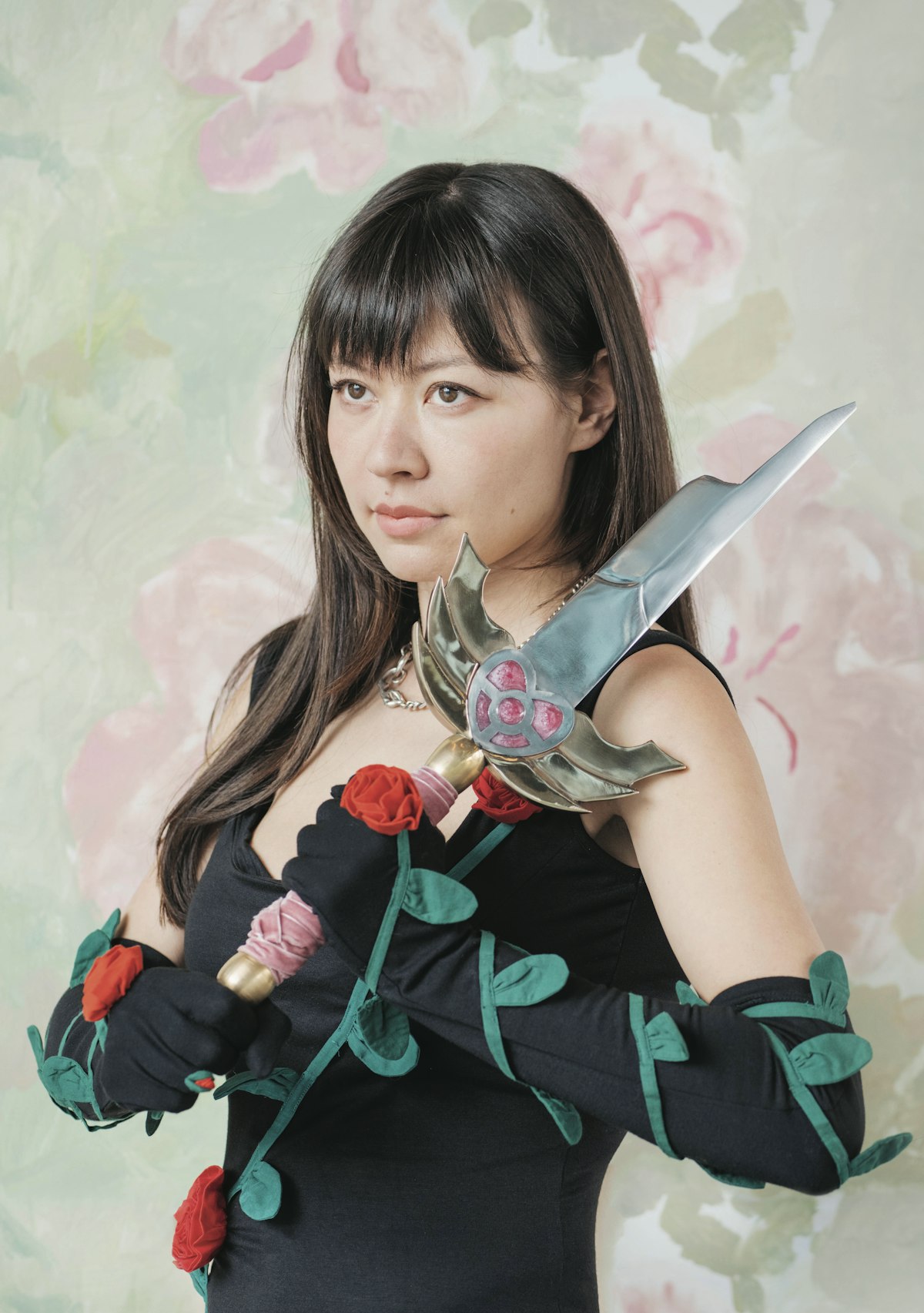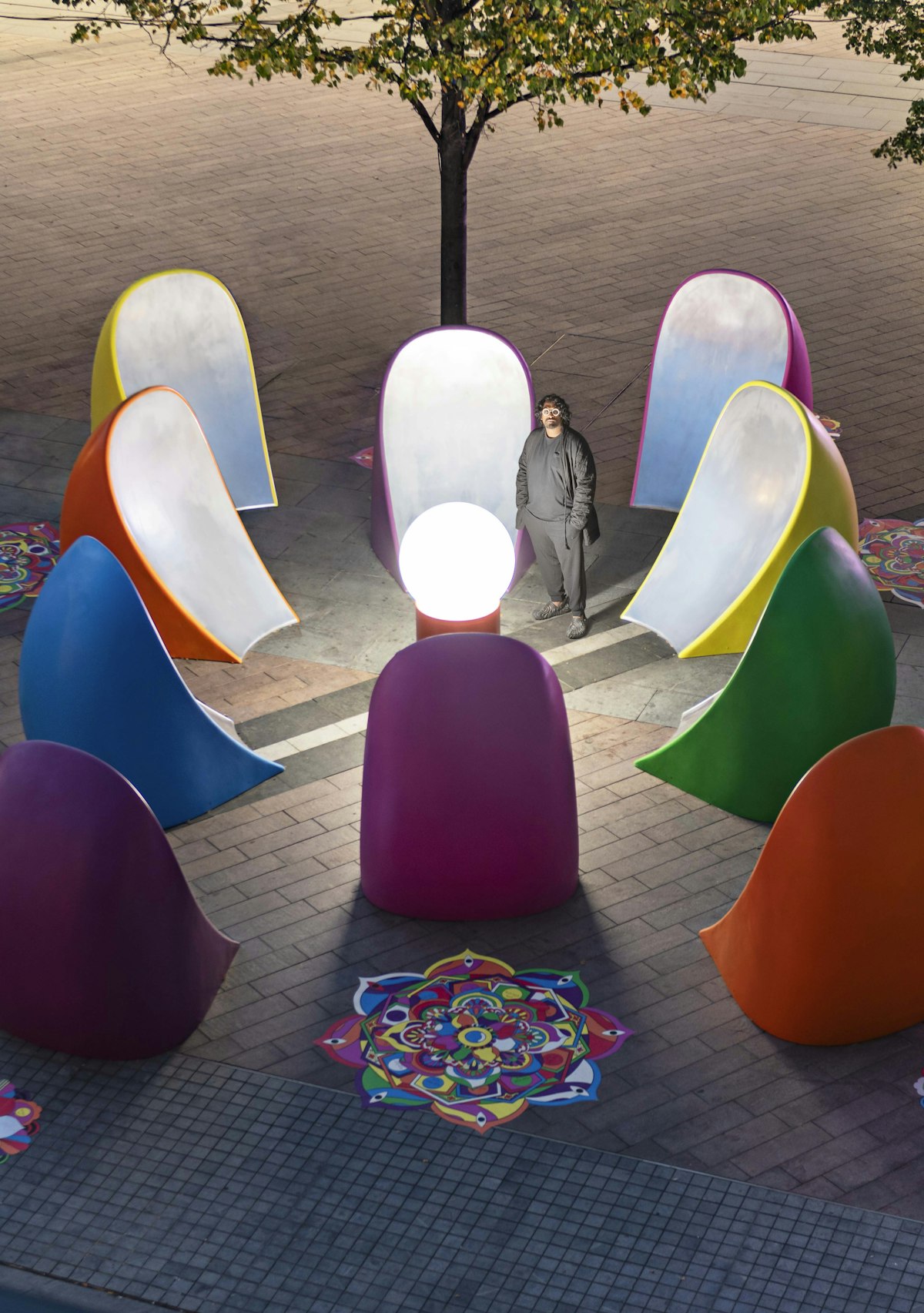
The Peninsulist Meets Jefferson Hack
Back in the early 1990s, a young editor launched a new magazine that would go on to change the face of London. Jefferson Hack – working with his photographer friend Rankin Waddell – not only introduced a whole generation to the thrills of art, fashion and music, but also altered east London by drawing writers, designers and other creatives into this once under-occupied quarter of the capital.
Now, 28 years later, as the CEO and co-founder of Dazed Media, he’s helping to shape the city once more, with the Design District Space x Dazed. In anticipation of Greenwich Peninsula’s Design District opening in 2020, London’s first permanent purpose-built district for the creative industries, Greenwich Peninsula and Dazed have come together to launch an open call-out to find the Design District’s first pioneers. The winners will be awarded a free workspace for a year in London’s newest cultural neighbourhood. Read on to find out why Hack values creativity so highly, where he likes to hang out, and which world-famous singer he thinks is the “patron saint of Dazed”.
You were born in Uruguay, grew up on the Kent coast, and came to London to study. What did you make of the city when you first arrived?
It was limitless, overwhelming, intoxicating (literally!) and presented endless potential.
Always the pioneer, you set up offices in East London before East London was the place it is today. What was it like when first set up?
It felt like exciting, undefined territory with a strong creative scene in a lot of work/live spaces, and some squats, pubs and bars that stayed open all night in which there were no rules. It was very DIY, very creative because nothing was on offer. Slowly, things began to establish around us. It’s hard to imagine how fast it changed. Can you imagine Old Street and Shoreditch without a single coffee shop? We survived on Cornish pasties from the garage on the roundabout.
London is a diverse city. Where do you now hang out?
I love walking along the canals near my home between Old Street and Islington, buying vinyl in Soho, vintage clothing on Brick Lane, books in Cecil Court, and visiting artists' studios mostly in east London and south of the river.
Dazed has gone from strength to strength since launching in 1991. What was the one defining moment?
There wasn’t one, but many. In ’96 when Radiohead premiered OK Computer at Dazed & Confused Live! In ’98 when McQueen guest-edited issue 46; a few months later when Rankin and I hijacked Channel 4. Our 20th anniversary book and exhibition at Somerset House, not to mention launching AnOther Magazine, followed by Another Man. This last year, my favourites have been the Ryan McGinley and Hanna Moon Youth Power issue and the Vivienne Westwood guest-edited issue, with radical examples of politics and creativity coming together.
In the '90s and early 00s, we saw a very different Jefferson Hack. How have you changed over the years, and if you could do it all again, would you?
Becoming a father changed my whole perspective. I discovered a love I’d never known, and it helped me focus on what was important in life: my family and friends.
You've hung out and worked with so many interesting and talented people over the years. Who have you found the most inspiring?
Björk. She’s the patron saint of Dazed. We have her song lyric “declare independence” as a slogan on every cover.
How would you describe your working relationship with Rankin? How has that changed over the years?
We were joined by the hip and now we’re just joined by the phone.
What one piece of advice would you give to publishers trying to adapt to the decline of print? Who has handled it well?
Print is not dead! Launch more magazines! Indie publishing isn’t going anywhere: just look at The Leopard, Buffalo Zine, 1 Granary, and, outside of London, Dust, Kaleidoscope and Wallet, to name but a few of my favourites.
In 2018, we launched our Keep London Creative campaign, design to help champion the city's creativity. In 2020, the Design District will open its doors in the heart of Greenwich Peninsula to 1,800 creatives at affordable rents. What will this mean for London's creative industries?
More affordable space for creatives will transform the landscape and empower the next generation. If you truly deliver on the promise, then it will be a revolution. Without a pipeline for those in art and culture, the whole city suffers.
What does creativity mean to you?
Finding new ways to turn imagination into reality. German artist Joseph Beuys said Creativity = Capital, and I believe we are all creative and that harnessing our creativity is what brings life true value and gives our culture true meaning.
Find out more about Design District Space x Dazed at dazeddigital.com and read the next issue of The Peninsulist to find out which five creatives have been chosen by Jefferson to win a studio space for a year and become pioneers of the Design District. You can follow their journey throughout the year in The Peninsulist.
